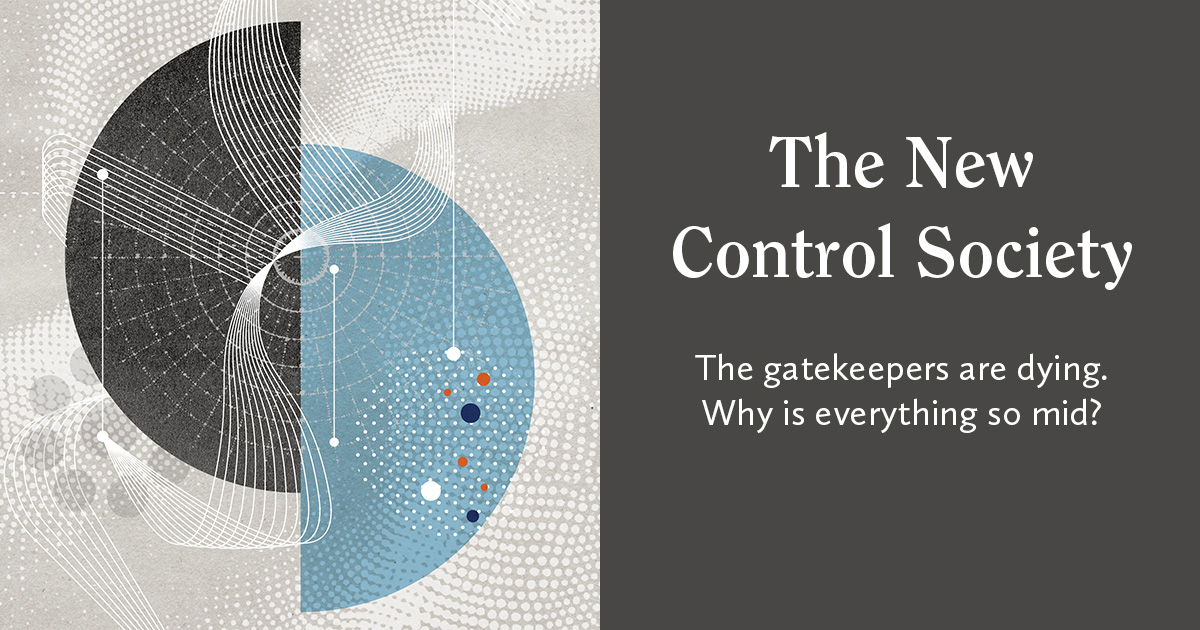
Political life in the most powerful states was supra-nationalized in institutions like the European Union and the World Trade Organization to match the scale of these states’ power, while small states faced pressure to adopt the set of fiscal and trade policies that came to be known as the “Washington Consensus.” Between the 1970s and the 2000s, neoliberalism remade the global political economy and reshaped almost every society in the world. Who designs the protocol is often a contested question: some emerge almost organically from within a community (think of the rise of the hashtag), others from a technical committee of interested parties (like those of the World Wide Web Consortium), and some from a party that has designed a protocol from scratch and releases it to the world, seeking its broader adoption. In his new book The Unaccountability Machine, Dan Davies describes the emergence of “accountability sinks” in complex systems, where a decision is ineffably delegated to a policy or a computer system such that no human appears responsible or “in charge.” But while some of the systems Davies examines are the result of bad design or even a malicious attempt to avoid responsibility, in the age of protocols we can also expect accountability sinks to develop automatically, as an emergent phenomenon.
Published at: 2025-05-04 20:24:50
Still want to read the full version? Full article